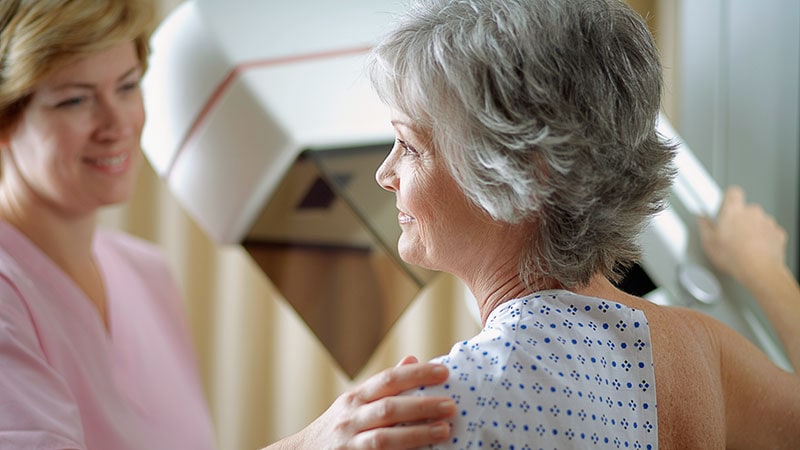Research published in the Annals of Oncology says there is a probable causal relationship between the growth hormone, insulin-like growth factor-1 (IGF-1), and the development of breast cancer.
Epidemiological evidence supports a positive association between circulating IGF-1 concentrations and breast cancer risk, but the magnitude and causality of this relationship have been uncertain.
This new study investigated the associations between circulating IGF-1 and incident breast cancer risk in 206,263 women in the UK Biobank.
After a median follow-up of 7.1 years, there were 4360 incident cases of breast cancer.
In multivariable-adjusted models, higher IGF-1 concentrations were associated with a greater risk of breast cancer (hazard ratio [HR] per 5 nmol/l increment of IGF-1=1.11; 95% CI 1.07-1.16). Similar positive associations were found by follow-up time, menopausal status, body mass index, and other risk factors.
In the Mendelian randomisation analyses, a 5 nmol/l increment in genetically-predicted IGF-1 concentration was associated with a greater breast cancer risk (odds ratio (OR) 1.05; 95% CI 1.01-1.10; P=0.02), with a similar effect estimate for oestrogen-positive (ER+) tumours, but no effect found for oestrogen-negative (ER-) tumours.
Genetically-predicted IGFBP-3 concentrations were not associated with breast cancer risk (odds ratio per 1 standard deviation increment=1.00; 95% CI 0.97-1.04; P=0.98).
The results suggest that interventions targeting the IGF pathway may be beneficial in preventing breast tumourigenesis, the authors said.



